
soft--dream
21 || ⚕️ || anime, games, music, studyspo
210 posts
Latest Posts by soft--dream
Dear video essay creators. A video analysis is when you analyze a piece of media. No no look at me. A summary, no matter how thorough, is not an analysis. An analysis requires you to draw conclusions about the media such as authorial intent, real-world parallels, discussion about themes/worldbuilding/character motivation, and so much more. You have to stop summarizing something and saying that’s analysis. The Gaylors are doing more critical analysis than you. Is that who you want to lose to? The gaylors?
Took me until about halfway through college before I realized “study” means “play with the material in a variety of ways until you understand it” and not just “read the assigned chapters and do the homework” and I think that probably should have been discussed at some point prior to that.
perhaps the antidote to overconsumption is thankfulness. I am thankful for one notebook at a time and I am thankful for the coffee and tea I have at my house and I am thankful for the books I havent read yet and im thankful for these clothes I can make so many outfits with

peace of snow

he's a babygirl and he's 26 years old!!
good things will happen 🧿
things that are meant to be will fall into place 🧿

heyy! with school starting again, I decided to combine a lot of helpful post, so you can rock the new school year! I’ve spent quite some time going through different masterposts and the ones i included here are very helpful resources. good luck for the new school year! <3
STUDYING
study effectively
revise method
take a break
study journal
planning the perfect study schedule
all the things that got me studying after one year of living through tv-show characters and wasting time on youtube (be honest, we all need this)
how to memorize
flashcards
preparing for exams
how to pull an all-nighter (but pls only do this in extreme situations)
how i study
SCHOOL
how to wear what you want to school
first day of class
emergency kit
list of tips (this is super helpful)
test taking tips
help! i hate my teacher
how to annotate
NOTE TAKING
how to take notes from a textbook
tips
what to do when you ruined your notes
upgrade your notes
ESSAYS
five paragraph essay
how to write 20 pages
battling essays
STATIONERY
essentials
backpack buying guide
cute and cheap stationery
LANGUAGES
tips + resources
different ways to learn a language
how to learn a language by doing nothing
SELF CARE / PERSONAL
self care
some advice
back to school glow up
morning routine
night routine
skin care
stress route
mental health tips
school and heartbreak
tests for when you don’t know what to do with your life
burnout - a guide for students
FOOD
study foods
ideas
easy recipes for students
ORGANIZATION
organize & refresh your phone and laptop https://youtu.be/3b00aqUqoZI
staying organized
guide to bullet journals
bujo for students
PRODUCTIVITY
beat procrastination
how to increase productivity
sort out tasks
self-discipline
MOTIVATION
study moods
motivation
gentle reminder
how to motivate yourself to start studying
MUSIC
mildliner inspired study playlists
best spotify playlists and albums for your study session
playlists for different moods
study music
PRINTABLES
binder covers
grade tracker
study pack (task tracker, formula list, habit tracker, task tracker)
go to sleep
back to school kit (class data, study group sheet, supplies list)
APPS
google chrome extensions
my favorite study apps
apps for students
Two job-hunting resources that changed my life:
This cover letter post on askamanger.com. A job interview guide written by Alison Green, who runs askamanager.
tips for college classes that nobody tells you
1. don’t load your hardest classes in one semester. find out which classes within your major are rumored to be tough and divide them out throughout your time in college.
2. don’t show up to class earlier than 10 mins early. the class before yours will likely still be in there finishing up, and you’ll either walk in in the middle of a lecture or have to stand outside for a long time. just get there 5-10 mins early and you’ll be fine!
3. create a group chat for all of your classes. find a few friends from class and make a group chat! this can be either on imessage, groupme, or whatever is most popular to use at your school. this can be your go-to place to ask questions about assignments, due dates, etc. before asking the professor!
4. as for class participation, quality>quantity. in most college classes (with the exception of huge lectures) participation accounts for a chunk of your grade, and some professors take that grade very seriously. however, this doesn’t mean you should raise your hand and talk whenever you find the opportunity- your professor (and your classmates, for that matter) will appreciate you much more if your comments and questions are less frequent and have more to add to the class.
5. the readings listed under a date in a class are due for that class, they are not homework for the next class. this is one of the biggest issues college freshman have at the beginning of their first semester. unless the professor specifically says otherwise, if the syllabus is set up to list each class individually with the readings underneath/beside the class, they are due for that class, not the next one.
6. make yourself known to your professor! this is especially important for a large lecture, where they won’t get to know you otherwise. stop by their office hours or go up to them after class and introduce yourself- making a connection with your professor can open more doors than you may know!
7. rate my professor is not always accurate. professors can get better or worse, and different people have different experiences. though it’s a great tool and you can still use it to see what people think, if you’re stuck with a professor that is ranked low, it doesn’t necessarily mean you’ll have a bad time in that class.
8. sometimes it’s okay to just skim your readings. you’ll find out soon enough if your professor basically goes over exactly what the reading says every class. if so, you only need to skim it over and take light notes. don’t spend hours closely reading a textbook that your professor is just going to go over word for word the next day (unless it helps you- if so, do it!)
9. the guy in class that answers every question isn’t smarter than you. that’s it.
10. if you come from a lower income area or a worse school district than your peers, you may be playing the “catch up game” for a while. it’s okay! i personally go to a college where most students here come from wealthy families across the world and were sent to the best high schools possible. if you, like me, come from a mediocre public school, you may feel like you’re a beat behind your peers when it comes to background knowledge. don’t give up. work hard, you’ll catch up with them soon. (also- they aren’t smarter than you just because they had better opportunities than you did growing up. at the end of the day, you ended up at the same college)










every minute spent on planning saves you ten minutes spent on execution. short essays probably don't require that much preparation beforehand, but if you're writing something longer you should probably spend some time planning first. this is the process i go through when planning my essays, and i find it works really well!
attention management






Hi, it’s werelivingarts again. During online school, I find it extremely hard to concentrate on schoolwork since there are so many distractions on laptops, phones and even in your home. Sometimes, you have plan to work but your brain won’t collaborate, so here is some tips to help you with attention management. 😊
This post is based on James Clear’s Guide to Productivity and Real Simple’s Attention Management. I also made a video behind the scene of designing this post, you can see it here.
vaguely academic things to do to keep yourself entertained
go down a wikipedia research hole by clicking the first term you don’t understand
binge a crashcourse series end to end (personal recs: world history, history of science, big history, philosophy)
find free books on project gutenberg
download some western classics for free
borrow books and audiobooks from the libby app or borrowbox
start a commonplace book
take a khan academy course
browse MIT’s free online course materials
teach yourself to code
go on a google scholar essay dive
try the open access button to avoid some paywalls for academic media, or install unpaywall that does a similar thing
research the history of the place you where you live
tempt the wrath of the duolingo owl and learn a language
search for online streams of the local tv in your target language’s country and use as background noise for immersion points
print and scrapbook favourite poetry and literature quotes
improve your handwriting by doing handwriting exercises
learn philosophy with the philosophize this! podcast. actually just check out all the educational spotify podcasts there are many good ones
start a weekly club with friends to share new and interesting things you’ve learnt that week
clean and reorganise your study space, physical or digital
check out online museums
fave educational youtube channels that I adore: vsauce, crashcourse, smarter every day, kurzgesagt, school of life, tom scott, r. c. waldun, vsauce3, primer, mark rober, veritasium, asapSCIENCE, scishow, TED-ed
hopefully you’ll find something to enjoy! happy learning x
I know this is going to make me sound pretensions but I have to get it off my chest. I feel an unimaginable rage when someone posts a photo and is like "this picture looks like a renaissance painting lol" when the photo clearly has the lighting, colors and composition of a baroque or romantic painting. There are differences in these styles and those differences are important and labeling every "classical" looking painting as renaissance is annoying and upsetting to me. And anytime I come across one of those posts I have to put down my phone and go take a walk because they make me so mad
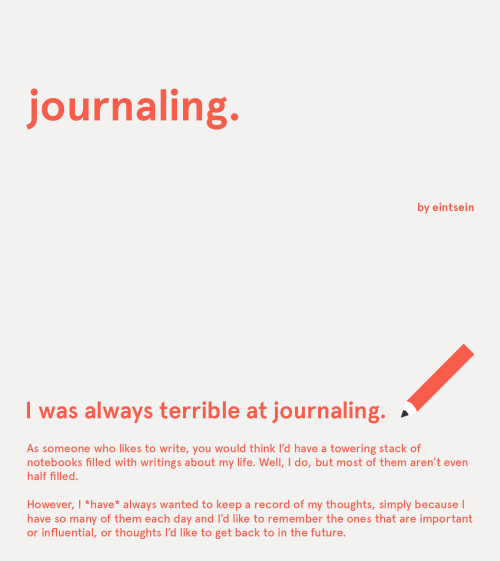
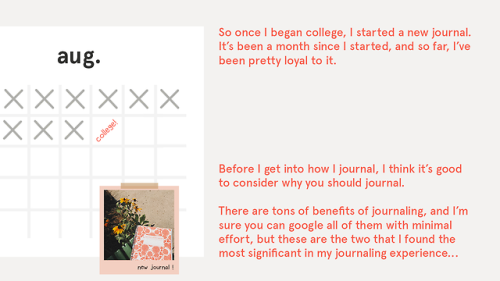

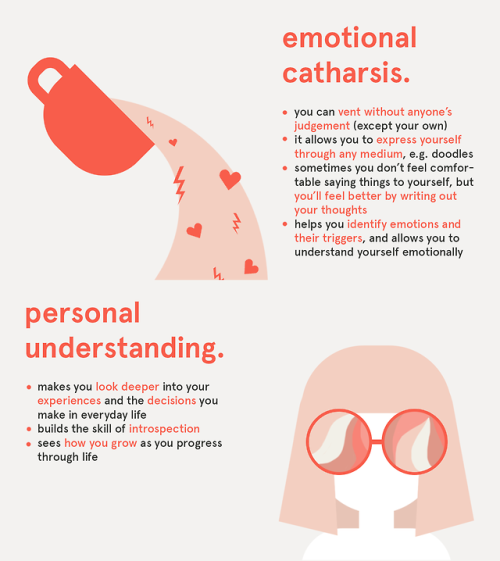
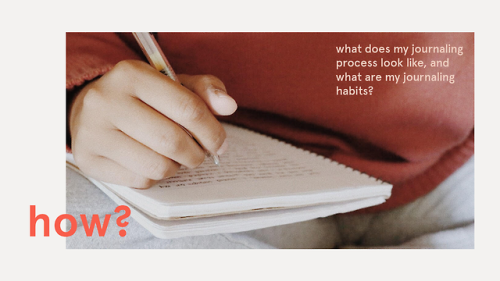
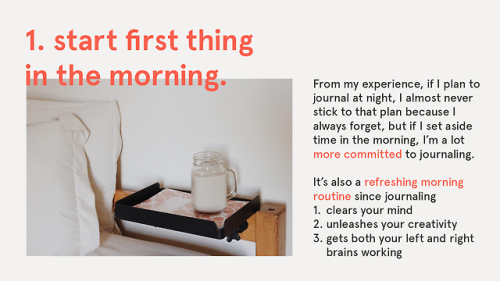
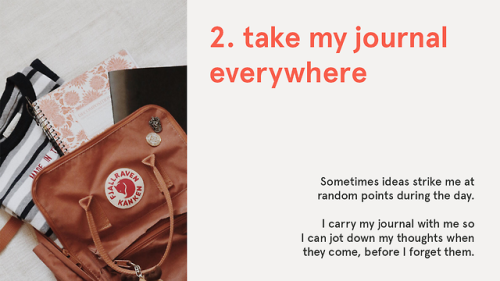

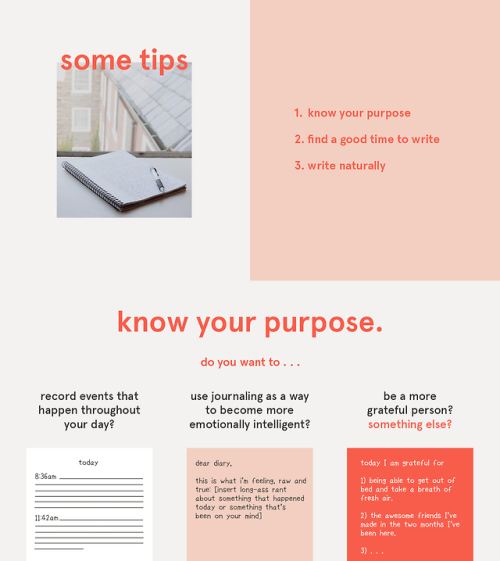
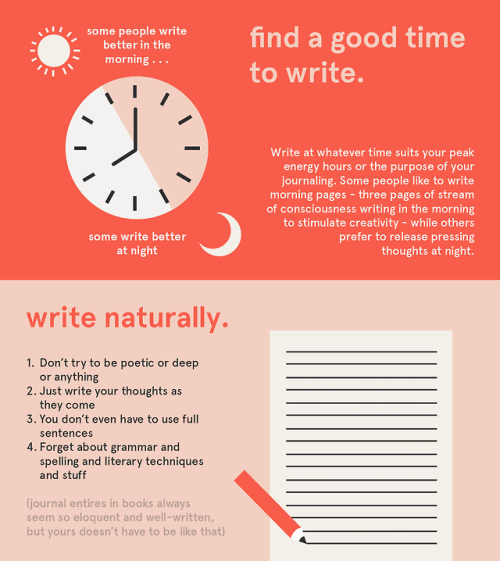
A Small Guide to Journaling by Eintsein
Something you may or may not know about be is that I journal. However, only recently have I gotten the hang of it and stayed loyal to the habit of journaling. Here are some tips and tricks on how you can journal successfully. Hope you like it :)

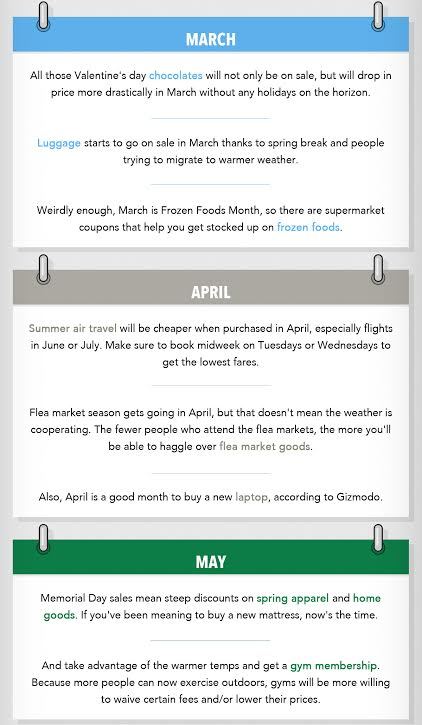
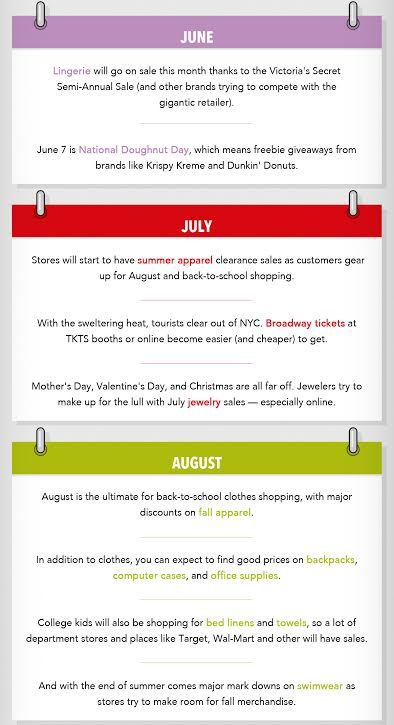


How to always get the best deals on everything.
This is My Wife | Akaashi Keiji
Pairing: Akaashi X Reader (female)
Genre: college professor, domesitccc, fluffyyy
Author’s Note: I hope @k-eijiakaashi you die reading this out of pure love
Warnings: Pregnant reader!
Prequel (but it’s not connected to this imagine’s story, it’s just same world and au but a few months earlier): I Love You | Akaashi Keiji

Keep reading
AHHHHHHHH fukkk shet shettttt 😩😵💕

GOOD F*CKING LORD
🔥🔥👁💧👄💧👁🔥🔥

flaring my synapses for kita brainrot hhhhhh


cant waittt for this 💖💕💖💕

I fvcking have like 3 braincells and an IQ of 2
But hey whatever works ig




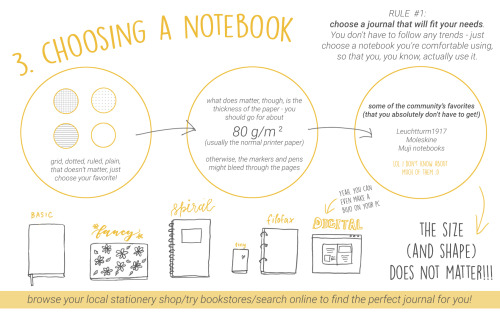






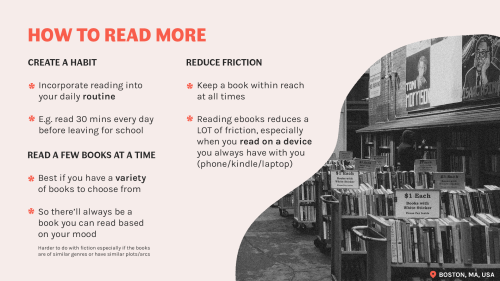
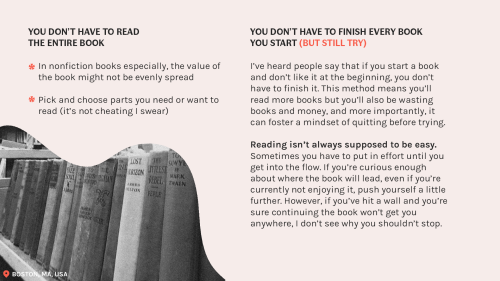


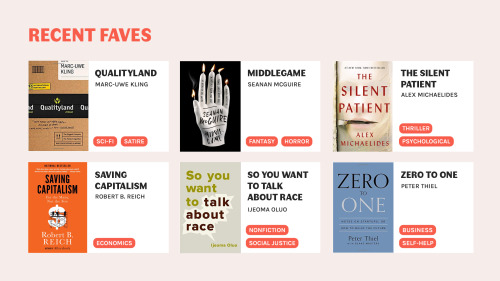

Read More, Read Better
Many of us are looking for more ways to enjoy our time at home in these stressful circumstances. Some of us have turned to books. But how can we make sure we get the most out of them?
Keep reading
How to Become a Good Test Taker
Exams have, and still do, give me anxiety. I have never been the best taker and a lot of that can be chalked up to poor study skills. Before I begin a new chapter in my academic career, I think it’s best to examine how to become an effective test taker. I have always felt that being a good test taker means I understand the material in a thorough sense, to the point where I can teach someone else the same material in my own words and with my own methods. However, test anxiety is a very real issue many of us face. So how do we make it through midterms, finals, and entrance exams?
Tips & Tricks:
Positive Self-Talk- According to a NYT article, “How to Be a Better Test-Taker,” a study published in the journal Emotion, Dr. Beilock and four co-authors in 2011 found that with students anxious about math, the more stress hormone they produced, the worse they did on a test; students with low math anxiety did better the more cortisol they produced. The best way to combat this is to flip the script. Remind yourself that damp palms and a pounding heart accompany all kinds of enjoyable experiences: riding a roller coaster, winning a sports match, kissing someone you really like for the first time. It’s important to be mindful. Recognize that you have these feelings, but associate them with better, more positive things.
Write it down- This is another way of being mindful. The aforementioned article recommends that for 10 minutes you write about your feelings regarding the exam to clear your mind of test-related stress, freeing working memory that can be applied to the exam.
Go into exam day with a game plan- Now that we have our study skills down it’s hard to think where to begin, which contributes (at least for me) to poor study habits and going into the exam uninformed. Use the syllabus effectively, it’s one of your best resources for the class. It’s the best way to help you make a plan. Don’t cram for your exams, they hardly sneak up on you. Start planning from the first class to curate a study schedule. Much of my anxiety comes from feeling underprepared because I never planned for the exam or even thought of what the exam must look like. Much of my study posts can be simplified into three tips:
Use your syllabus
Make a study calendar
Make studying part of your DAILY routine
Everybody’s methods to cope with exam anxiety is different. There’s no right way to make yourself become a more effective test taker. For me, planning and routine work the best. I also do other activities to take my mind off the exam when I’m not studying or prepping like exercising, cooking/baking, or watching my favorite shows and movies. However, my way to overcome my stress might not work for you. It’s all trial and error but I hope these tips help!

look at them standing so close to each other... the way atsumu makes up for omi’s lack of enthusiasm... husbands
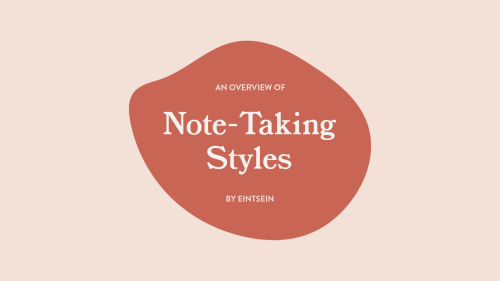

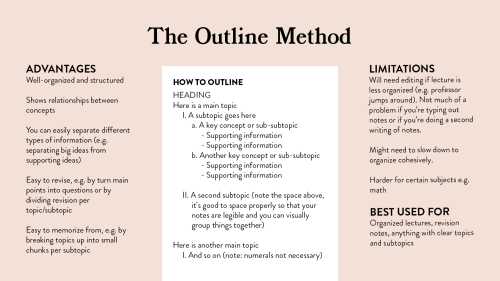
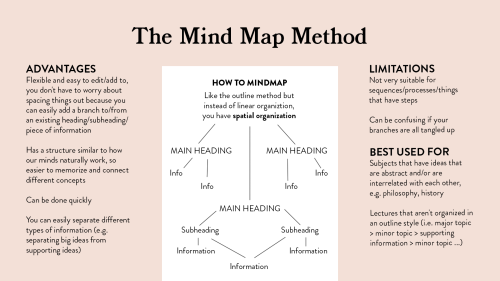

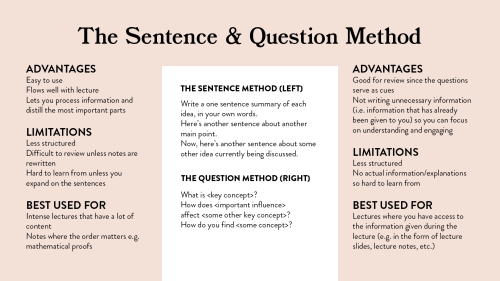


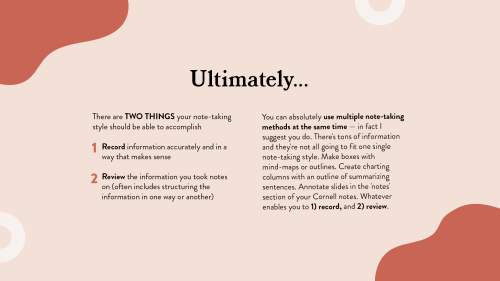
An Overview of Note-Taking Styles
Note-taking is one of the most essential skills a student should master. It allows you to record and review information to be used in the future. But what’s the best way to do so? Here’s an overview of note-taking styles that can help you maximize your learning!

Follow @productive-tips for more tips and content like this posted daily! Handpicked and curated with love :)

MMMWAH!
TsukkiYama week day 1 - Kiss

Kageyama’s smiles are reserved for two things, volleyball and Hinata.
HOW TO SURVIVE IN COLLEGE
how to deal with a roommate you hate
avoiding big mistakes when picking a major
creative ways to organize your dorm
eating healthy in a dining hall
what to do if you think you’ve been drugged
how to have a healthy college relationship
college packing list
staying in touch with high school friends
choosing a study abroad program
awesome study tips
making friends in college
what to do if you want to transfer
how to deal with a hangover
dealing with loneliness
what to do if you have a bad professor
find out about your professors before you register
how to bond with your roommate
essential foods to keep in your dorm
how to deal with homesickness
why being single in college is okay
scholarships and financial aid
pros and cons of joining a sorority
tips for saving money in college
adjusting back to school after a semester abroad
making the most of your college years
Study Tips that Aren’t Bullshit
Ok. Listen. I just graduated college on time with two degrees, a minor, and a 3.9 GPA, and now that it’s back-to-school time for some of you folks (my grad program doesn’t start until September) I’ve been seeing some study tips that are half-useful but mostly bullshit. So I’m here to give you some tips for collegiate success as a person who was pretty successful in the collegiate realm.
1) The Three to One Rule is Useless
Here’s the truth. Some classes are going to require minimal effort. Some are going to require more than three hours of outside study time per credit. It’s not a good rule of thumb because different people have different skills and take different amounts of time to do shit. For organic chemistry, you might be spending more 9 hours per week studying (and according to the success rates of some of my peers, I recommend you spend at least that much time on o-chem). But there’s also, say, Oceanography. I took that class. I studied/put in work… maybe an hour per week, and it was a three credit class. But I also took a class that was 3 credits called 18th Century America, and I would say I probably put something like 10-15 hours per week doing the readings and assignments for that class. It just depends, you guys. Figure out what works for each class and then distribute your time accordingly (and don’t waste time studying for something you very obviously know and have already aced).
2) Study When You Can
Sometimes you have to cram. I don’t recommend it, but it happens. If you do, use the whole day before to go over stuff and test yourself. Do not do it the morning of, don’t do it right before the test. That is useless. If you have a good memory, you can study the night before/two days before.
That said, if memorization and improvisation aren’t your strong suits, do go over your notes at the end of each day, and if you don’t get something, as your prof or your TA or your friend who definitely knows what they’re doing. Talking about it will only help you remember it more.
Overall, study when you can find the time. Sometimes that means staying off twitter for a few minutes and reviewing your notes instead, but if you’re paying good money for higher education (and I assume you are), don’t waste it by never studying or blowing off an exam.
3) Manage Your Time, But…
Just because you manage your time to make school a priority does not mean that you should let the other things in your life fall by the wayside. People often forget basic self care when they put school before everything else. Remember to shower and brush your teeth and take a minute for yourself because life is a lot and school is just a small part of your life. You cannot let time management become a synonym for school > everything else. It just means that you need to spend all of your time wisely, whether that’s getting some socialization in there or eating dinner or doing homework or taking a shower.
4) You Are Allowed to Forget Stuff
Look. I recommend always having more than one writing utensil, but you can forget one day. You can forget a notebook or a textbook every once and a while. I did, and yet I succeeded with flying colors. Definitely try not to be rushed all the time, but don’t freak out if you grabbed the wrong notebook. Just take down notes and staple them into the right one, or however you do it.
Also, yeah, your college profs aren’t here to attend to your personal needs, but if you have a class on one side of the campus and only ten minutes to get to the class on the other side of the campus, see if you can leave early or let the prof know that you’re going to be a few minutes late because you can only cross a mile so fast. Professors are far more understanding than they let on (some of them aren’t, but they’re just dicks, and you’ll either have to deal with that or be prepared to challenge them).
And, of course, if you’re struggling, ask for help. Profs want you to succeed, actually, and if they don’t, then it might be time for a discussion with the chair of the department.
5) Stay Organized, Whatever That Means
Some people stay organized with color-coded pens, tabs, and a designer planner. Some people have the patience for bullet journals. Some people write their assignments down on their phones, or set a google/apple calendar alert. However you remember things, just remember them. What’s organized to you won’t be organized for someone else, and what’s organized for someone else might not look organized to you. There is no objective way to stay organized. I don’t recommend trying to store everything inside your head, but you’ll figure out what works for you.
6) You Don’t Always Need to Read/You Don’t Always Need to Take Notes
Some classes are really important, some are not; some textbooks are really useful, some are not; taking notes can be effective, or they could be useless to you by the time the exam or essay rolls around. I took very light notes for my Brit Lit class (and did 75% of the reading), my World Drama class (90% of the reading), my Monuments in History capstone (20% of the reading), and I got A’s in all of those classes. I took heavy notes for Biology and Western Mythology and read about half of what was assigned. I took no notes for my Anthropology of Sex & Reproduction class, but I read absolutely everything.
It will probably take you about three weeks to figure out your prof’s teaching style. If it’s an English class, you’re gonna need to read most of it. If it’s a science class, maybe not. If you only have a midterm and a final, and not tests i between those, you might want to keep the textbook handy. But different classes have different requirements, just like they do with the number of hours you spend studying. So you know, act accordingly.
7) Read The Assigned Chapter Before Class, But Don’t Read Ahead
Look, most profs are gonna tell you to read the chapter before class on Monday, or maybe they’ll give you until Wednesday, so you should read in advance. But unless a prof says to read ahead, you really don’t need to read ahead, especially if you have content-based reading quizzes. It just gets really confusing and getting ahead is only necessary when you know that otherwise you’ll get behind. I mean, read ahead if you want to, but know that you probably don’t have to.
8) Show Up, For Fuck’s Sake
Look, showing up is the easiest thing in the world. And I know what having those 8am/9am classes is like. I’ll admit, I didn’t show up half the time to my 9am freshman philosophy class, but I bet I wouldn’t have failed two tests if I’d shown up (I still got an A in the class, don’t worry, there were a lot of assignments and one test didn’t count for much). I just wanted to sleep. But if you show up and pay attention, you’re more than likely going to get a lot of out of the class.
Oh, and if your prof takes attendance. Show up. Especially if it’s a small class. Trust me, they’ll notice, and it will be so embarrassing.
But also, don’t sweat it if you’re sick one day or sleep through the alarm. It fucking happens, and like I’ve said before, profs are pretty understanding most of the time.
9) Take Notes However Works For You
Some people use that weird method of dividing the paper in half hot-dog style, and that’s fine. Some people scribble shit down that no one else can read. Don’t feel pressured to rewrite your notes unless you can’t understand them. Do not review right after class - give your brain some fucking time to process that shit. But maybe review in the next 48 hours, it’ll help you be ready for the next class.
10) Don’t Be On Your Phone
Unless you’re literally not learning anything. I spent more time in my Geography class on my phone or computer getting useful things done or playing games than I did actually learning anything from the professor. In my Asian History class, the teacher was mediocre at best, so my friend and I sat there in the front row and played hangman (which was kind of disrespectful but we were idiots at the time so). But if your grades slip because you’re on your phone and not paying attention, or if your teacher has to tell you more than once to get off your phone, you might have phone addiction. See someone about that, k?
11) Review? Maybe
If you choose to review your notes, do so in a quiet, calm, and un-rushed manner. Don’t just look at them - actually try to absorb them. Otherwise there’s no point in reviewing them.
12) Study When You Can
Wait, didn’t I already have this one? Yeah. But! I saw a thing that said study early and often, which is great if you can make the time, but the truth is that if you study too early you’ll forget everything, and if you study too often you likely won’t be able to focus on other things that require your attention. So study not too long nor too shortly before the exam, and don’t study so much that your brain explodes. Give yourself a break. Have a kit-kat.
13-14) Flashcards? Mnemonic Devices?
Use them if they work for you, and maybe try color coding them. That can help with memorization. But if they don’t work for you, don’t use them.
15) Don’t Rewrite Your Notes
Unless you can’t read them. Then definitely either rewrite them or type them up, so that they’re actually usable.
16) Consolidate
This suggestion was actually pretty okay. Making lists and/or tables or whatever can really help, especially if you’re a visual learner. But if they don’t help you, don’t use them, because then it’s just a waste of your time.
17) Teach It To Someone Else
Yeah, this one is good, too. But make sure the person you’re explaining it to doesn’t have a lot of background knowledge, because it’s being able to explain it correctly to someone who hasn’t heard it before that really counts.
18) Is There Even Such a Thing as a Good Study Environment?
Some people can’t study on their own. I sure have a hard time of it, especially because I get distracted on my own. For me, studying with others for exams has saved my grade. But there are times or assignments that are best done on your own.
What I will say, is that when you study with other people, sometimes it’s best to study with your friends who are studying something else. My friend Breea and I had completely different majors and classes, but we made the best study partners because she could explain science to me and I could explain anthropology and history to her, and that’s how we knew we were good to go.
19) Sleeeeeeeeeep. Plan. Deal.
Get a good night’s sleep before an exam and try not to be late. Mean profs will not let you make up a missed exam. Good profs will, even if it was just a traffic jam. But generally speaking, try to prepare for all worst case scenarios when you have an assignment due.
20) Ask. Questions. Jesus. Christ.
Look if you get something wrong, don’t be embarrassed or ashamed. Ask why you got it wrong, and if you think you did something right but the TA or prof just graded it wrong, feel free to point out their mistakes (in private, though, not in front of the class). Go to office hours and make use of that time, or make an appointment with a prof so that you don’t have to skip class to go to office hours.
21) Midterms and Finals Are Different. Or Not.
Ask your prof at the beginning if the final will be cumulative. If it is, keep reviewing that midterm material through the end of the class. If not, feel free to forget most of the stuff from the midterm and earlier. Each prof is different and some finals aren’t even exams, they’re papers or projects. So, you know, plan accordingly.
22) Don’t Keep Your Fucking Textbooks
Look, unless you fell in love with a text (happens to English majors), sell back your books. And after a few weeks (or once the next term starts) throw out your notes, especially if you can’t read them or if they’re for a class you had to take for university credit but didn’t actually need for your major.
SELL. THOSE. BOOKS. I can’t say it enough, you won’t make much, but it’ll be nice to get that lunch after finals are over. But remember, don’t sell the book until you’ve taken/turned in the final.
23) Talk to People!
I saw something that said not to discuss grades/quizzes/tests/exams with classmates. Fuck that. I mean, try not to talk about it before the exam starts or whatever, but fucking talk about that shit. In my Mediterranean Archaeology class, we all talked about the readings before class on Fridays because we had a reading quiz and no fucking idea what the reading was about (those were some of the hardest readings ever). It was really helpful to discuss and summarize to make sure we got the point of the article. Also, like, if you’re comfortable with sharing grades, do, and if you’re not, don’t. It’s your grade, you can do whatever you want with it.
Also, if you’re unsure about something, you can ask a classmate. That’s probably a better first resource than a prof, who will get annoyed, especially if you didn’t do the reading.
THAT’S IT.
Well, I hope this fucking helps. This was basically how I survived college, except add a lot of caffeine. Every major is different, some things are universal. So. You know. Go ham.
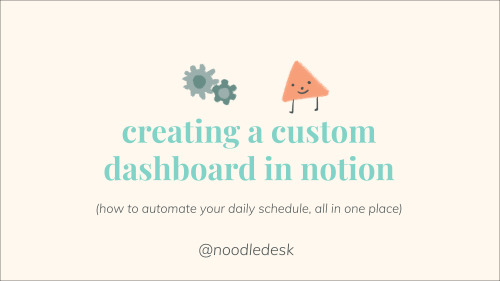

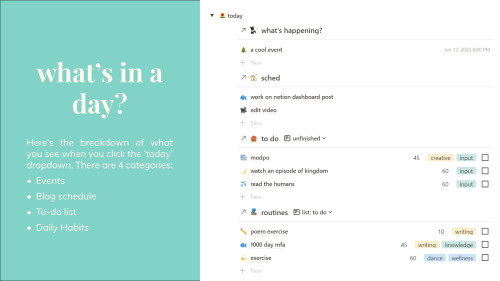

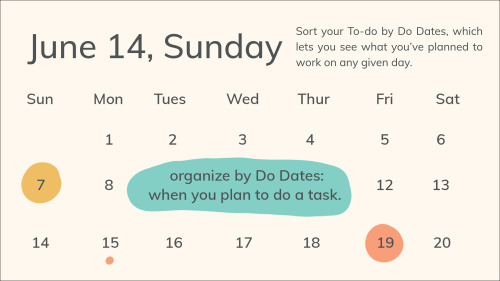
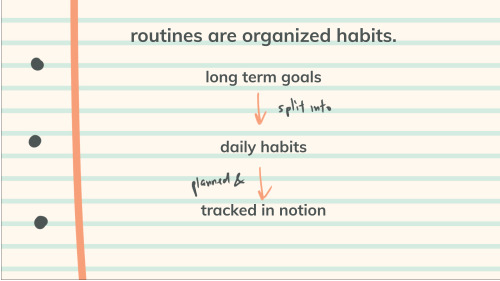
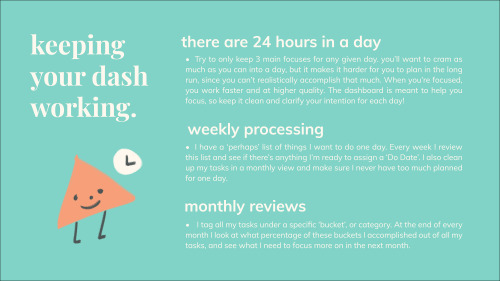
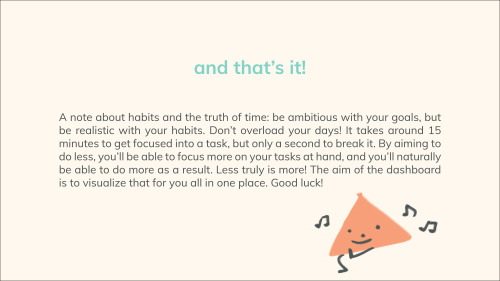
update: i’ve made a FREE TEMPLATE for u to make ur own dashboard :) 🌱🌾🌿
having a dashboard has been helping me a lot with clarity in my work, so I wanted to share how I set mine up :)
other posts that may interest you: goal setting and tracking | notion page ideas
databases are an integral part of notion, and I hope having a dashboard will make things less overwhelming for you! ✨🌞🌻💌
post text under the cut:
Keep reading

States of Mind
My Books | Poster Shop | Patreon